Ditapis dengan
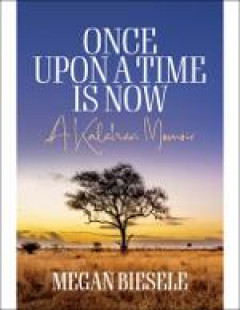
E-book Once Upon a Time is Now: A Kalahari Memoir
Fifty years after her first fieldwork with Ju/'hoan San hunter-gatherers, anthropologist Megan Biesele has written this exceptional memoir based on personal journals she wrote at the time. The treasure trove of vivid learning experiences and nightly ponderings she found has led to a memoir of rare value to anthropology students and academics as well as to general readers. Her experiences focus …
- Edisi
- -
- ISBN/ISSN
- 9781800738799
- Deskripsi Fisik
- 249 halaman
- Judul Seri
- -
- No. Panggil
- 928 MEG o
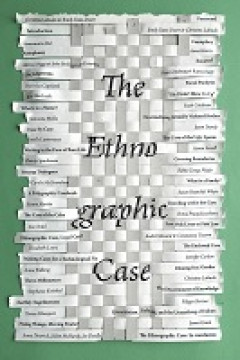
E-Book The Ethnographic Case: Second Edition
The 1st Edition of The Ethnographic Case, published in 2017, was an experiment in post-publication peer review, with the book published online and open to comments from readers. In this new 2nd edition, to be published later this year, the editors and authors have updated the text, both in response to these comments and taking into account changing contexts in the years since the book’s first…
- Edisi
- -
- ISBN/ISSN
- 9781912729340
- Deskripsi Fisik
- 258 halaman
- Judul Seri
- -
- No. Panggil
- 301 YAT t
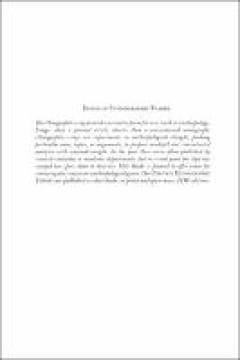
E-Book How Is It Between Us? : Relational Ethics and Care for the World
A new theory of relational ethics that tackles contemporary issues. In How Is It Between Us?, Jarrett Zigon puts anthropology and phenomenological hermeneutics in conversation to develop a new theory of relational ethics. This relational ethics takes place in the between, the interaction not just between people, but all existents. Importantly, this theory is utilized as a framework for consider…
- Edisi
- -
- ISBN/ISSN
- 9781914363054
- Deskripsi Fisik
- 150 halaman
- Judul Seri
- -
- No. Panggil
- 301 ZIG h
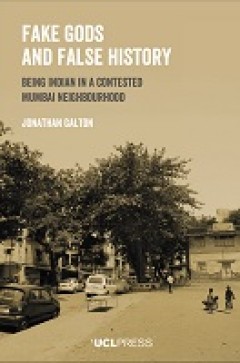
E-Book Fake Gods and False History: Being Indian in a Contested Mumbai Neighb…
n an age where history is a global battleground and fake news proliferates, culture wars are being waged across India over its future – majoritarian or inclusive, neoliberal or socialist, religious or secular? Fake Gods and False History takes us to the BDD Chawls, a central Mumbai neighbourhood of tenement blocks (chawls) on the brink of a controversial redevelopment. Throughout the book, …
- Edisi
- -
- ISBN/ISSN
- 9781800085800
- Deskripsi Fisik
- 237 halaman
- Judul Seri
- -
- No. Panggil
- 305.8 GAL f
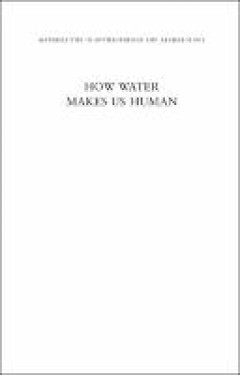
E-Book How Water Makes Us Human
This book is about how water becomes people – or, put another way, how people and water flow together and shape each other. While the focus of the book is on the relationships held between water and people, it also has a broader message about human relationships with the environment generally – a message that illustrates not only that people are existentially entangled with the material wor…
- Edisi
- -
- ISBN/ISSN
- 9781786834119
- Deskripsi Fisik
- 192 halaman
- Judul Seri
- -
- No. Panggil
- 301
 Karya Umum
Karya Umum  Filsafat
Filsafat  Agama
Agama  Ilmu-ilmu Sosial
Ilmu-ilmu Sosial  Bahasa
Bahasa  Ilmu-ilmu Murni
Ilmu-ilmu Murni  Ilmu-ilmu Terapan
Ilmu-ilmu Terapan  Kesenian, Hiburan, dan Olahraga
Kesenian, Hiburan, dan Olahraga  Kesusastraan
Kesusastraan  Geografi dan Sejarah
Geografi dan Sejarah